Benefits of this option include potentially fewer hours, choosing how many clients you work with, and the freedom to partner with bookkeeping companies to free up even more time. If you want to become a bookkeeper and also start a bookkeeping business, there are a few things to consider. In 2023, the average bookkeeper in the United States earned an annual salary of $43,748. However, depending on a bookkeeper’s location, niche, and clients, they may command a higher salary, sometimes reaching $50,000 per year or above. In this guide, we’ll walk you through the steps needed to become a bookkeeper and start your own bookkeeping business. They may also increase your annual salary, access to better-paying positions with more responsibility, and a greater chance of getting hired.
The bookkeeper is generally responsible for overseeing the first six steps of the Accounting Cycle, while the last two are typically taken care of by an accountant. While there is a general overlap between the two professions, there are a few distinctions that are later discussed in this article. Bookkeepers are needed in just about every industry and business, both large and small. If you’re a detail-oriented individual who enjoys working with numbers, then you might consider a career as a bookkeeper.
However, if you have a rigorous organizational system and a solid knowledge of rules and regulations, it can be straightforward and easily manageable. Organizations and individuals entrust critical financial data to bookkeepers. Bookkeeping is a career that requires integrity and professionalism, as well as mathematical and analytical acumen. Few formal qualifications are required, making this job fairly accessible for most detail-oriented individuals who enjoy working with numbers. You can create a custom bookkeeping skills assessment to evaluate your candidates’ understanding of fundamental accounting principles and test proficiency in popular bookkeeping software. The American Institute of Professional Bookkeepers offers certification for experienced bookkeepers.
It’s simple to work with, yet it doesn’t compromise on essential functions and features. But as with any other enterprise, running your own bookkeeping business takes some key elements of preparation and knowledge. Although a formal college degree isn’t usually required for becoming a bookkeeper, acquiring one strengthens your resume and boosts your hiring potential. By implementing these strategies into your professional journey, you can proactively enhance your Bookkeeping Skills. Remember, the key lies in a commitment to lifelong learning and an openness to embracing the evolving landscape of Financial Management. Remembering past transactions, patterns, and details without relying solely on documentation aids in the quick identification of anomalies.
Highlighting Bookkeeping Skills
The IFRS test measures a candidate’s ability to work according to International Financial Reporting Standards. TestGorilla’s Numerical Reasoning test measures a candidate’s ability to interpret and work with numbers. Understanding the terminology of an accounting system is fundamental for effective bookkeeping. Likewise, the Accounts Payable test asks them to solve specific calculations pertaining to accounts payable.
Pathways to a bookkeeping career
If you’re organized and enjoy working with numbers, a job as a bookkeeper could be a good fit. If you’re ready to build job-ready skills in bookkeeping, consider enrolling in the Intuit Academy Bookkeeping Professional Certificate. Bookkeepers are responsible for the initial recording of their organization’s financial transactions. Bookkeeping can also what is the difference between be an extremely lucrative position for many professionals, as it’s relatively high-paying despite often not requiring a college degree. You may handle payroll functions as a bookkeeper, keep tax withholding records, and issue paychecks or send information to a contracted payroll service.
Important Bookkeeping Skills
- Regularly review and reconcile financial records, even if not actively engaged in Bookkeeping tasks.
- Having the ability to prepare an accurate financial picture of an enterprise and keep records organized is essential for being a bookkeeper.
- Their work plays an important role in the operation of a successful business, which can have very many transactions in a single day, let alone a week, month, fiscal quarter, or year.
- Ensure your resume is easy to read by using a clean and professional font, adequate white space, and bullet points for listing information.
- In this guide, we’ll walk you through the steps needed to become a bookkeeper and start your own bookkeeping business.
Quantify your achievements, like reducing discrepancies by a certain percentage, to showcase your effectiveness and impact in previous roles. The average salary for a bookkeeper in the United States is about $43,000 per year. However, some bookkeepers can earn less (around $37,000) or more ($50,000 and above) depending on their bookkeeping skills, experience, location, niche, and the quality of their clients. These will help prove your expertise in specific bookkeeping and accounting software to clients. The good news is that you can do bookkeeping training from the comfort of your home.
Types of bookkeeping
Although software and calculators do most of the math, basic skills such as addition, subtraction, multiplication, and division are essential to helping you catch errors quickly. Soft Bookkeeper Skills, such as communication, problem-solving, and time management, significantly enhance your resume. These skills demonstrate your ability to work collaboratively, manage deadlines, and adapt to changing circumstances. Highlighting these attributes can set you apart from other candidates, showcasing your well-rounded capabilities in a bookkeeping role. Although you certainly can do formal bookkeeping training (e.g., online bookkeeping courses, relevant degree), many bookkeepers simply learn the ropes through on-the-job training. Another way to get valuable bookkeeping experience and on-the-job training is through an internship.
